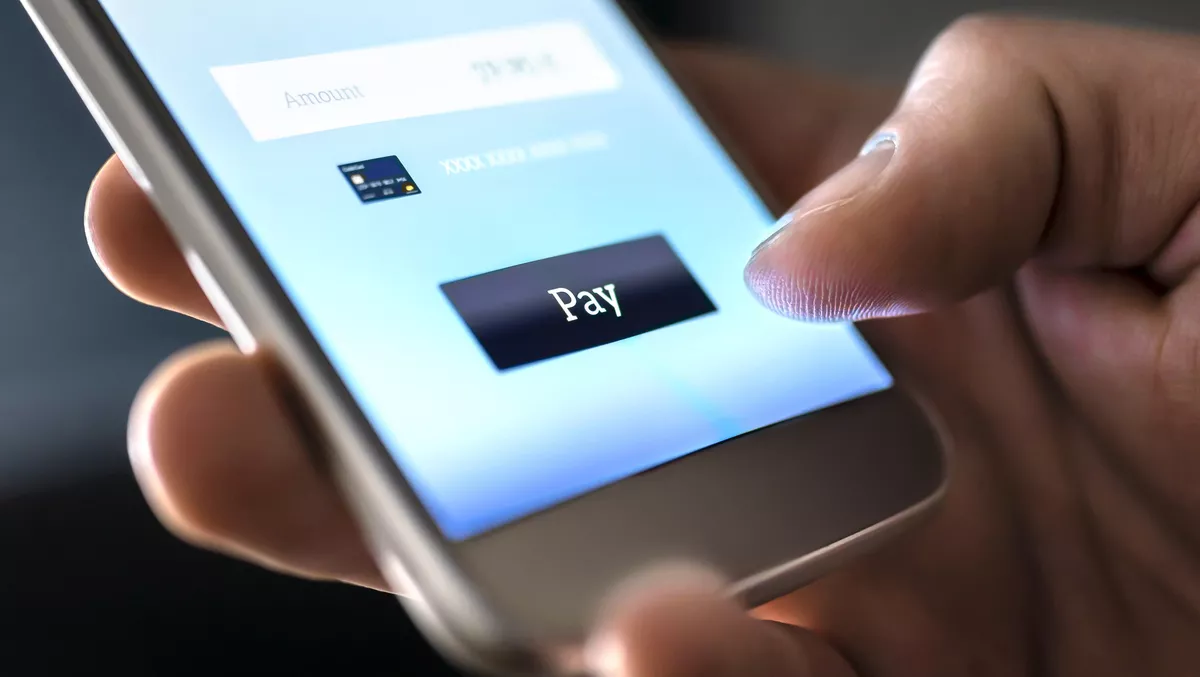
Mobile threats: Cybercriminals target banking and gaming
Cybercriminals are forgoing low hanging fruit to target banking and gaming, according to a new mobile threat report from Kaspersky.
In 2021, Kaspersky saw a steady decline in attacks on mobile devices, while cybercriminals consolidated their efforts to focus on more dangerous (and profitable) threats instead. New mobile malware has become increasingly complex, featuring new ways to steal users' banking and gaming credentials, as well as other strands of personal data.
In 2021, Kaspersky detected more than 95,000 new mobile banking Trojans, but the number of attacks using such malware remained similar. Additionally, the share of Trojans – malicious programs capable of executing remote commands – doubled, reaching 8.8% in 2021.
Kaspersky's annual analysis of mobile threats demonstrated a positive trend – the number of attacks on mobile users worldwide has been declining, hitting 46 million in 2021 compared to 63 million in 2020. Experts attribute this development, in part, to the wave of attacks seen at the beginning of lockdown as users were forced to work from home. That period also saw increased use of various video conferencing and entertainment apps, increasing the volume and spread of attack opportunities. Now that the situation has stabilised, cybercriminal activity declined as a result.
Still, Kaspersky experts believe it is too early to relax. The Kaspersky's Mobile Threats in 2021 report found that in 2021, 3.5 million malicious installation packages were detected, leading to 46.2 million attacks worldwide. Moreover, 80% of attacks were carried out by malware rather than adware (software that intrusively displays ads), or RiskTools (malicious programs with various functions such as concealing themselves from the screen).
In addition, the number of attacks using banking Trojans, programs designed to steal users' banking credentials to later exploit them and drain targets' bank accounts, have kept up momentum. There were 2.367 million attacks in 2021, only 600 thousand fewer than in 2020. Attackers also actively upgraded their banking Trojans, with Kaspersky detecting more than 95,000 new versions last year – many with improved capabilities.
For example, the Fakecalls banking Trojan is now capable of dropping calls whenever users try to contact the bank, replacing audio recordings with prepared answers from the operator. This way, users are tricked into thinking that they are talking to a real bank employee or the standard robot answering machine, and they unwittingly share sensitive information with the attackers. Other malware act more subtly. The Sova banking Trojan is capable of stealing users' cookies, thereby gaining access to personal accounts in mobile banking apps, without necessarily knowing login and password information.
In 2021 cybercriminals also went after mobile gaming credentials – these are often sold later on the darknet or used to steal in-game goods from users. The first mobile Trojan of the Gamethief type stole credentials from the mobile version of PlayerUnknown's Battlegrounds (PUBG).
"Indeed, there have been fewer mobile attacks in general, however, the attacks we are still seeing have become more complex and harder to spot," says Tatyana Shishkova, security researcher at Kaspersky.
"Cybercriminals tend to mask malicious apps under the guise of legitimate applications, which can often be downloaded from official app stores.
"On top of that, with mobile banking and payment apps becoming even more widespread, there is a higher chance of cybercriminals targeting these more actively," she says.
"Staying cautious and careful on the internet and avoiding downloading unknown apps is good practice, but I also strongly recommend using a reliable solution. When it comes to the security of finances in particular, it is better to be safe than sorry."


